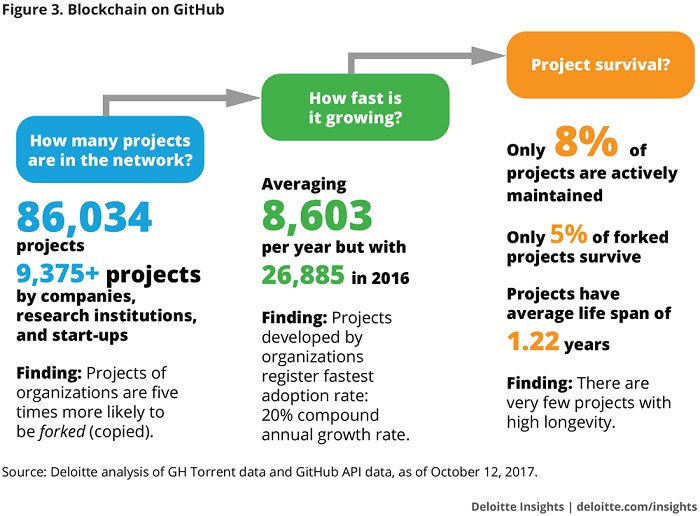
Cryptocurrencies have been getting massacred, with the crypto market losing 70 percent of its value since the beginning of 2018. But Blockchain, the cryptographically secure digital ledger technology at the core of cryptos such as bitcoin and ether, is still going strong.
With seemingly endless potential applications outside the cryptocurrency sphere, Blockchain is threatening to disrupt everything from real estate to logistics, cloud storage and healthcare. It’s even narrowing in on voting.
The general consensus though has been that the finance industry stands to benefit the most from the technology by helping to cut out middlemen, speed up transactions and lower costs in capital markets.
It therefore comes as a surprise that some of the biggest and most promising fintech projects have lately hit the skids as hype finally meets reality.
The projects have been grounded for various reasons, top among them being high costs and lack of industry readiness. The biggest casualties so far include projects by global financial icons-- BNP Paribas, Depository Trust and Clearing Corp.(DTCC) and SIX Group.
Getting past the starting line
in 2016, French bank BNP Paribas announced that its securities division had partnered with startup SmartAngels to build a blockchain-based platform that private businesses can use to manage their securities. But the project wasn’t well thought-out. BNP has shelved it in favor of 'an enterprise-wide platform where the entire post-trade ecosystem can co-operate.'
DTCC, aka the Wall Street book-keeper, says it has slammed the brakes on a blockchain project for repo agreement transactions 'because the same results can be achieved more cheaply using non-blockchain technology.'
Meanwhile, post-trade services provider SIX has simply stated that it has discontinued its securities management blockchain solution because it 'wants to move in a different direction.'
Although these organizations say they are still pursuing other blockchain projects, the spectacular failure of their pilots clearly demonstrates how hard it is to get past the starting line with a blockchain project.
And, they are not alone.
Financial consulting firm Deloitte has tracked more than 86,000 blockchain projects on GitHub since 2009. Only 8 percent of the projects have been successful with the vast majority barely limping past their first birthday.
Many more could bite the dust
Unfortunately, the very high attrition rate is probably par for the course in the blockchain development industry.
A common theme for many failed blockchain projects is that they have become solutions in search of problems rather than the other way around. In short, developers have been falling in love with their solutions even before they have identified the problems they are going to solve and found validation of the problem-solution fit with actual users.
They say everything looks like a nail when the only tool you have is a hammer. Developers are acting likewise by throwing blockchain at every problem without taking time to pick projects that are likely to provide the greatest utility.
In fact, blockchain sits smack in the middle of 'peak of inflated expectations' in the 2017 Gartner's Hype Cycle below.
If Gartner's estimates are right, it will take another 5-10 years before blockchain reaches a plateau of productivity. Lots of blockchain projects are likely to fall along the way before developers hit a trough of disillusionment and finally come to terms with what they can, and cannot do, with blockchain technology.


No comments:
Post a Comment
Note: Only a member of this blog may post a comment.